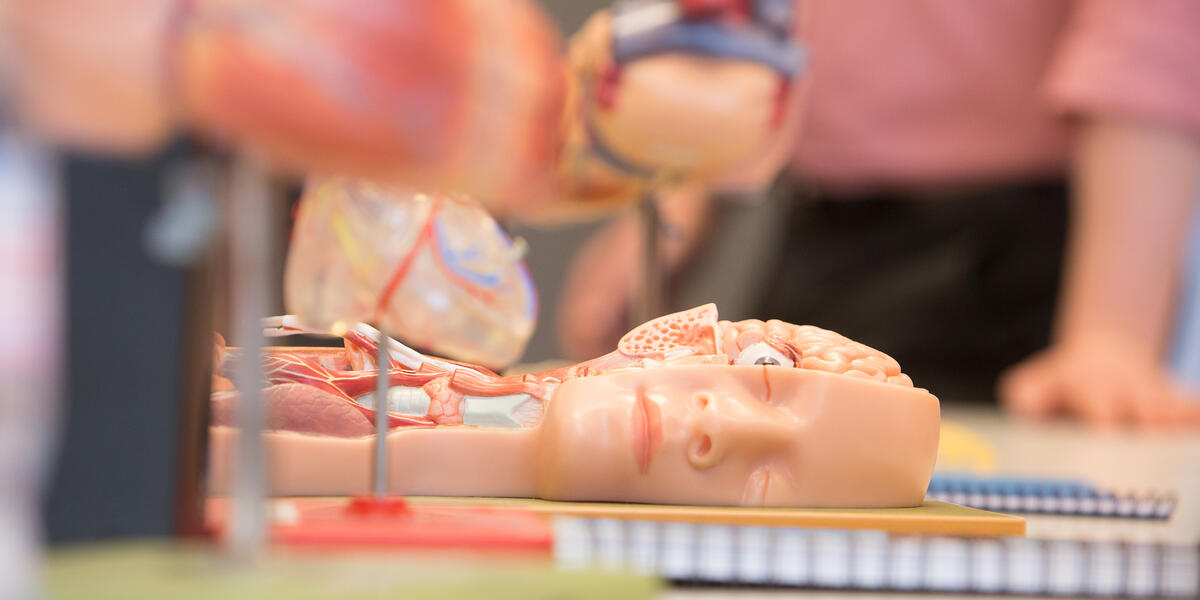Becoming a Doctor
You will need to apply for a Foundation Year training post to achieve a Certificate of Experience, which then enables full registration, and your transformation into a fully-fledged doctor.
At Lancaster Medical School, we support you every step of the way as you prepare for life after graduation, helping you develop the skills, knowledge and experience needed to thrive in the medical field.

You will need to apply for a Foundation Year training post to achieve a Certificate of Experience, which then enables full registration, and your transformation into a fully-fledged doctor.
After completing your MBChB, you’ll receive a Primary Medical Qualification (PMQ), which entitles you to provisional registration with the General Medical Council (GMC), provided there are no fitness to practise concerns.
You’ll then apply for a Foundation Year 1 (FY1) post through the UK Foundation Programme Office. These supervised roles are required to gain full registration.
Your FY1 post usually lasts 12 months. Once completed successfully, you’ll receive a Certificate of Experience and can apply for full GMC registration, allowing you to practise unsupervised in the UK.
While most UK graduates secure an FY1 post, this isn’t guaranteed if competition increases.
All UK medical graduates from 2024 onwards must pass the Medical Licensing Assessment (MLA) to receive a PMQ.
This includes:
The General Medical Council has more information.
We offer several postgraduate courses at the Lancaster Medical School, including taught and research master's degrees, A Doctor of Medicine degree and PhD programmes.
Postgraduate study